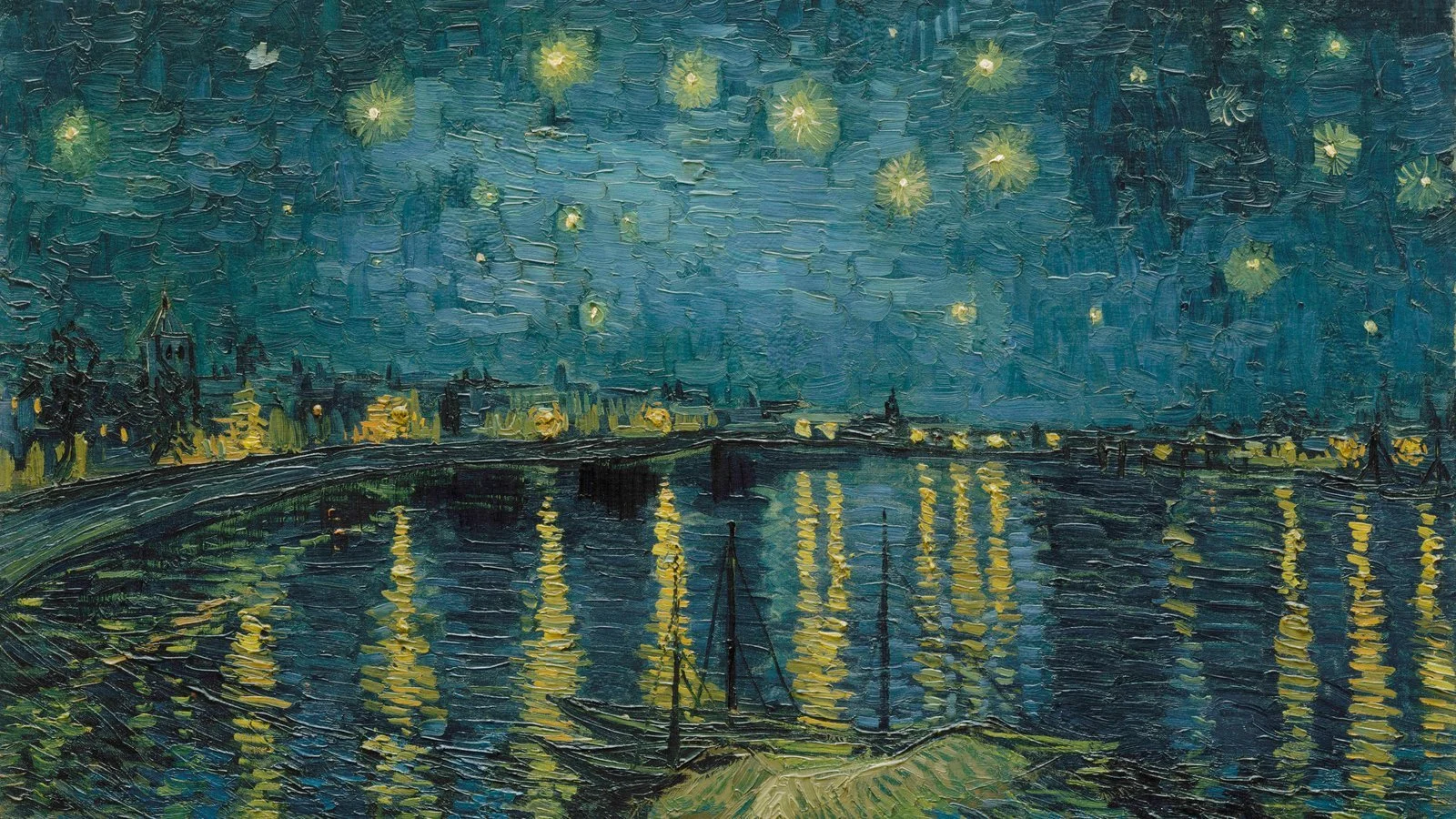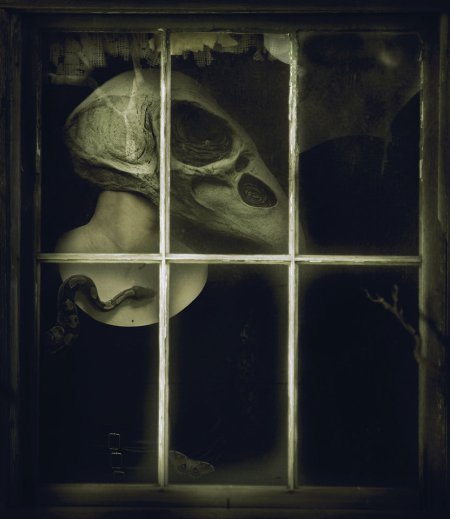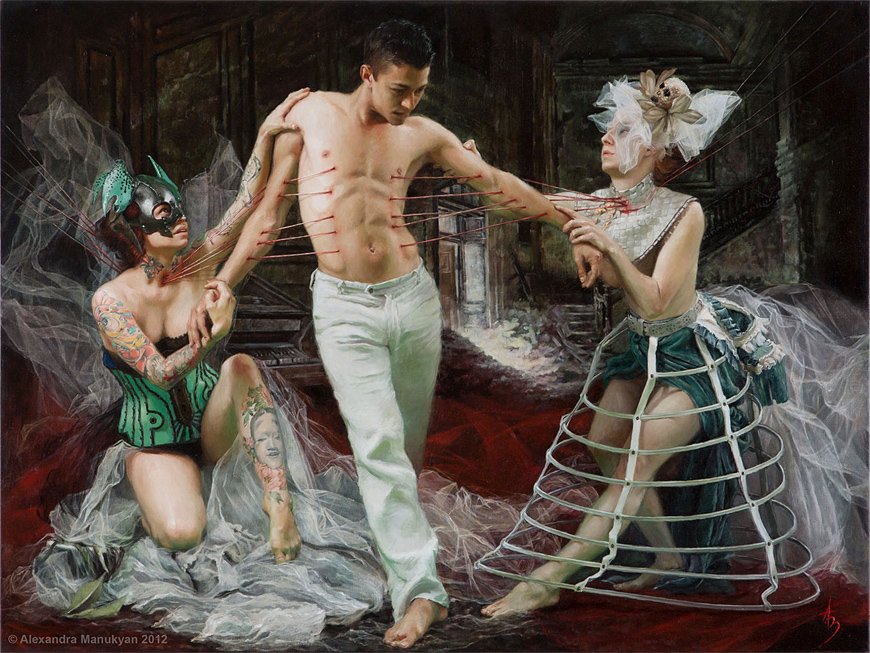Do We Have an Aversion to Sadness?
A few days ago, I came across an article which looked at the statistics on the popularity of social networking posts. It had a whole load of pretty pie charts to show how the underlying emotional tone of the post featured in its capacity to garner a response of some kind, be it a share or a ‘like’. Maybe not so surprisingly, humour and cuteness easily got the biggest chunks when it came to shares. Sadness, on the other hand, did poorly. In all its socially unacceptable glory, even anger manages to generate more interaction than its miserable cousin.
So why is sadness at the bottom of the list? Ironically, that same study showed that empathic posts did reasonably okay too. So why doesn’t sadness at least generate empathy from others? Does nobody ever get sad? Or, more to the point, does no one ever want to admit to feeling sad?
Elsewhere in that same post, there was mention of another study which looked at what motivates people to share anything in the first place, and the top of the list was to share valuable and entertaining content. Sadness is certainly not entertaining, and assigning a value to it is problematic given the fact it’s an emotion and not a physical object. Apparently, another objective of the sharer is to impart something of their character; they want to define themselves in the eyes of others, and I don’t suppose there are many out there who would want to admit to feeling unhappy. It’s just not cool. In fact, sadness wouldn’t fit anywhere at all in any of the main reasons people give for sharing content.
Many artists appear to have no problem expressing less than welcome emotions. Scenes of misery, torment, and sadness are produced by the bucket load, and what’s more, some people like it by the bucket load. Whilst cheesy memes and pictures of fluffy bunnies can do well, there’s a hardcore group which gravitates towards the dark arts and the art which shows a variety of emotions. Some of us are even turned off by anything which looks too polished, too happy and in many respects, too unrealistic. If I were honest, I’d tell you that a wall full of fluff and feel-good posts will tell me that the person is emotionally shallow, probably living in denial, and probably not someone I want to know on a personal or professional level. That’s not to say I only want to see doom, but I do want to see some emotional honesty going on, even if it’s not pretty. But that’s just me.
Do we avoid engaging with those who are sad because we’re ill-equipped to be supportive? Or is it some weird superstitious mentally that sees it as infectious and doesn’t want to catch it? We share happy shit when we’re not happy, so why can’t we share sad stuff even when we’re not sad? Nobody wants to be sad, but the fact is, we can’t avoid an emotion just because we don’t like it. I can’t get away from the idea that this inability to share sadness is saying something about people in general, but I’m unsure what. I can tell you that I find it a little bit intriguing, yet it also makes me feel uncomfortable.
Recent Posts
Categories
Tags
- Bird 9
- Clouds 2
- Distance 1
- Birdcage 1
- Art as Therapy 2
- Egg 1
- Kraken 2
- Cards 2
- Crown 1
- Fly 1
- Grief 1
- Endings 4
- Bed 1
- Dreams 1
- Death 2
- Balloon 1
- Cobwebs 1
- Cogs 1
- Gramophone 1
- Invisible Man 1
- Bridge 1
- Bubble 1
- Chessboard 2
- Dice 1
- Boat 3
- Box 1
- Hollow Man 1
- Mask 2
- Bandages 2
- Bones 3
- Origami 1
- Books 1
- Male Ego 1
- Buddha 1
- Face 1
- Cone Head 1
- Hammer 1
- Horns 1
- Mermaid 1
- Mirroring 1
- Ostrich 1
- Halo 1
- Nun 1
- Hair 1
- Hoop skirt 1
- Infidelity 1
- Desert 1
- Blindfold 1
- Caught 1
- Dreamcatcher 1






























